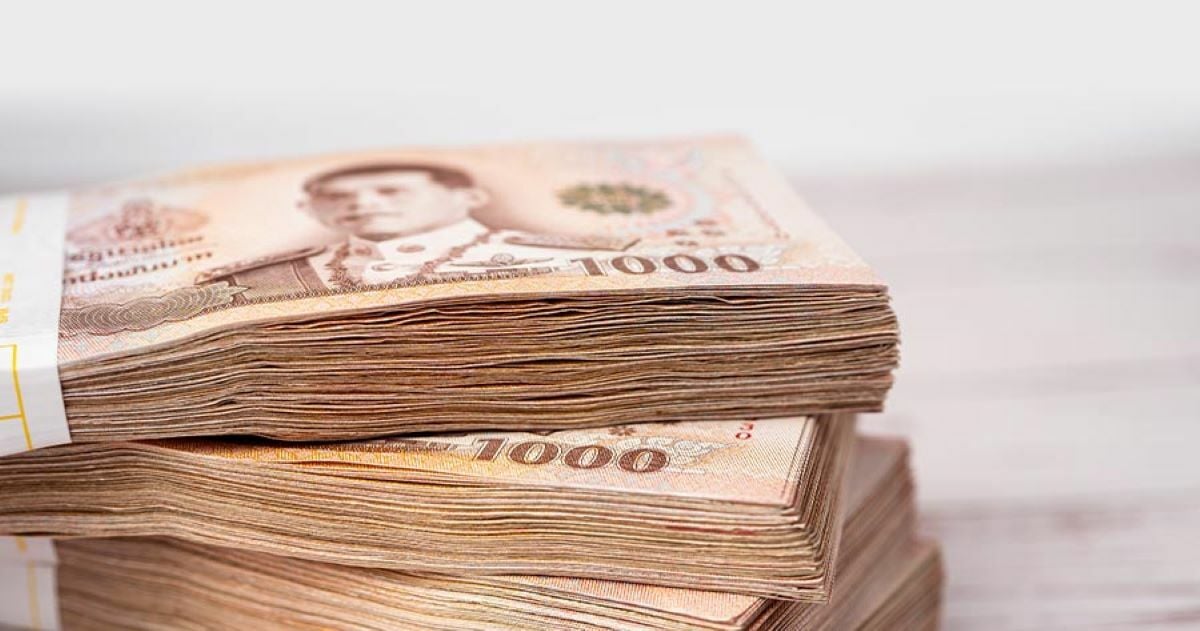Thai public debt remains under 70% of GDP despite borrowing

Thailand’s public debt remains within manageable levels, according to the Public Debt Management Office (PDMO), despite recent borrowing for fiscal 2024. Jindarat Viriyataveekul, a public debt advisor for the PDMO, confirmed that the debt level has not surpassed the critical threshold of 70% of GDP.
“The level is still within this limit, even though the government borrowed an additional 145 billion baht for fiscal 2024 to fund the 10,000-baht handout programme for vulnerable groups.”
Though public debt surged in the 2020 to 2021 period due to the pandemic, when loan decrees totalling 1.5 trillion baht were issued, Thailand’s debt remains lower than that of several developed nations. Jindarat noted that Thailand’s debt is, on average, comparable to other countries with a BBB+ credit rating.
As of August, public debt stands at 64% of GDP. By the International Monetary Fund’s (IMF) standards, which count only government debt and local administrative organisations’ debt but exclude state enterprise debt, the figure would be between 54 to 55% of GDP. However, the PDMO includes state enterprise debt in its total calculations.
For fiscal 2025, public debt is projected to reach 66 to 67% of GDP, including obligations from the government’s cash handout. Jindarat mentioned that this forecast could improve if GDP growth exceeds expectations next year.
Public debt is a key factor in determining a country’s credit rating. Rating agencies, including Moody’s, Fitch Ratings, and Standard & Poor’s, evaluate a country’s economic strength, institutional strength, fiscal health, and resilience to economic shocks.
Fitch Ratings is set to meet with the Finance Ministry, the Bank of Thailand, and the National Economic and Social Development Council tomorrow, October 29, to assess Thailand’s economic situation. Jindarat explained that while rating agencies do not demand immediate balanced budgets, they expect countries to work towards fiscal balance in the future.
To manage public debt, the Finance Ministry plans to reform the tax system and improve tax collection efficiency. Reductions in government expenditure will depend on future policy decisions. The PDMO also plans to request an increased budget for principal repayment to reduce the government’s interest burden.
For fiscal 2025, the government has set a total expenditure budget of 3.75 trillion baht, resulting in a deficit that necessitates borrowing 865 billion baht. The budget allocated for principal repayments is set at 150 billion baht, which accounts for around 4% of the total expenditure, reported Bangkok Post.
Latest Thailand News
Follow The Thaiger on Google News:


























